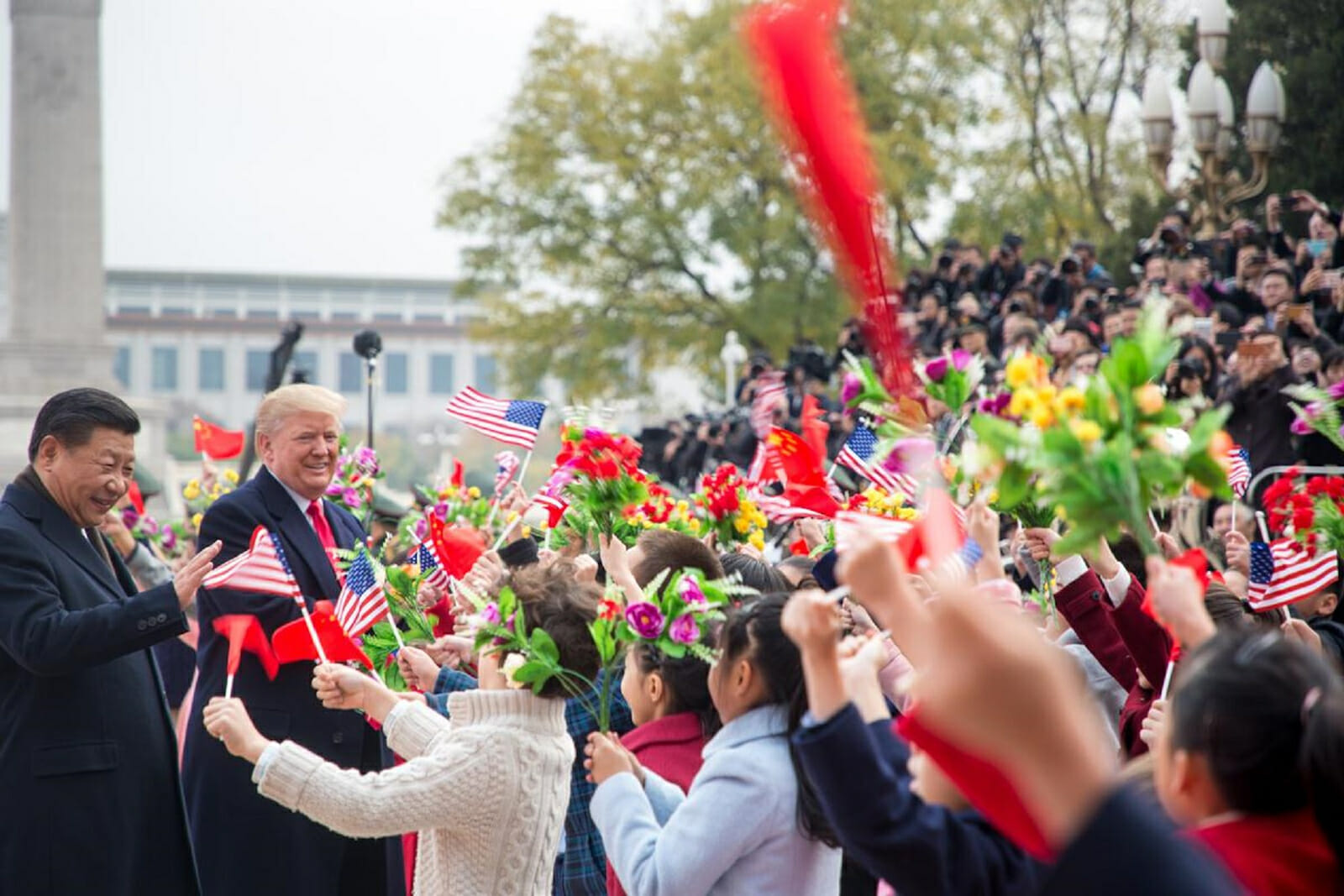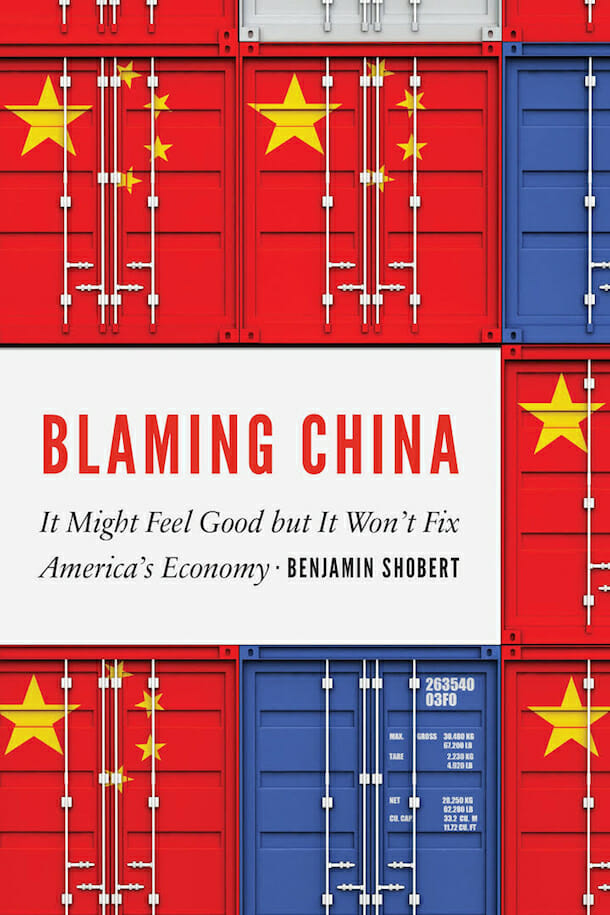
Books
‘Blaming China: It Might Feel Good but It Won’t Fix America’s Economy’
In late June of 2016, Donald Trump’s campaign saw fit to hold its first major economic and trade speech in front of a pile of garbage. What flowed from the candidate’s mouth would have been, twenty years ago, widely derided by people on both sides of the aisle. But today, in the aftermath of billions of dollars of tariffs directed specifically at China, his words seem strangely relevant, a realization that should worry us all. Trump represents the line of thinking that has always been ascendant when past eras of globalization came to an end: that free trade in some way disadvantages businesses and workers in developed markets, and as such, barriers must be constructed.
Given how Donald Trump has spoken about China, it would seem Americans wish China had stayed poor, isolated and powerless. To elites in DC during the run up to the last election, this was all noise; but to politically disenfranchised and economically dislocated Americans, blaming China for our economic problems was embraced as truth. As the American economy has struggled to create wins for more than the wealthiest, politicians have become increasingly willing to point towards China as the cause. Now trade is perceived to be a zero-sum game, where China’s win is America’s loss. This leads to an important question: is America’s frustration with China nothing more than a distraction from profound insecurities we have about our economy, global status and domestic politics?
Today, we are moving towards a fundamental repositioning of US-China relations, one as significant as when Nixon went to China. When Donald Trump called the Trans Pacific Partnership (TPP) a “rape of our country,” he channeled the raw emotions of many American workers who feel the elites have marginalized the needs of the working man over those of the 1%. Trump is not the only politician playing off these insecurities. Democratic presidential candidate Bernie Sanders echoed similar criticisms, when asked about globalization: “Let’s be clear: one of the major reasons that the middle class in America is disappearing, poverty is increasing and the gap between the rich and everyone else is growing wider and wider is due to our disastrous unfettered free-trade policy.” And what of the ultimate Democratic nominee, former Secretary of State Hillary Clinton? Her own position on trade, and the TPP specifically, was convoluted and, towards the twilight of her campaign, hostile.
All these candidates’ comments reflect a dangerous line of thinking: China’s gains are America’s losses, and these gains must be stopped. Stopped to protect the American middle class. Stopped to ensure America’s global military hegemony. Stopped to reinforce that only America’s political system is accepted as the standard against which every country should model itself.

Americans are victors of the Cold War, advocates and enablers of globalization, and progenitors of the Internet revolution. Yet, large parts of the country are unsure how to greet new economic realities, or what policies best advance our own interests. Over the last forty years, major shifts in the global economy have largely been to our advantage. On the rare occasion when a short-term recession buffeted America’s shores, concerns over jobs shipped overseas or a struggling manufacturing sector would present themselves; but, these concerns would dissipate once the economy regained its footing.
To say that Americans are feeling insecure at this moment would be an understatement. We bring this to bear in our view of every issue: our relationship with China is no different. Does this country, once deemed so critical to our foreign policy, once a counterweight to the Soviet Union, no longer matter? Can China no longer be viewed as someone we could work with in pursuit of common goals? Can China accumulate power without America losing influence? And perhaps most importantly, if we no longer can view China in a constructive light, where does that leave us? Are we enemies? If so, can anyone envision a future with an economic equivalent to the Cold War? In such a world has globalization been rejected? And if globalization is in shambles, what comes next? Are we overlooking the potential for our once-stable world to come apart at the seams?
The US-China relationship matters because globalization and its benefits to the world are not a given. History allows us to look back and see big assumptions made by the world’s leaders: the inevitability of peace, how inter-connectivity was supposed to breed mutual reliance, the folly of war, the inherent moral advantages of capitalism, and see how they have been proven inadequate time after time. Nothing about our world should be taken for granted, and to the extent we need another reminder on why China matters, now is a good time before relations between the two countries further unravels, leaving in its wake a depressed global economy and the type of near-peer tension historians of the 20th Century will find ominously familiar.
Excerpted from Blaming China: It Might Feel Good but It Won’t Fix America’s Economy by Benjamin Shobert. Copyright © 2018 by Benjamin Shobert. Excerpted with permission by University of Nebraska Press.
